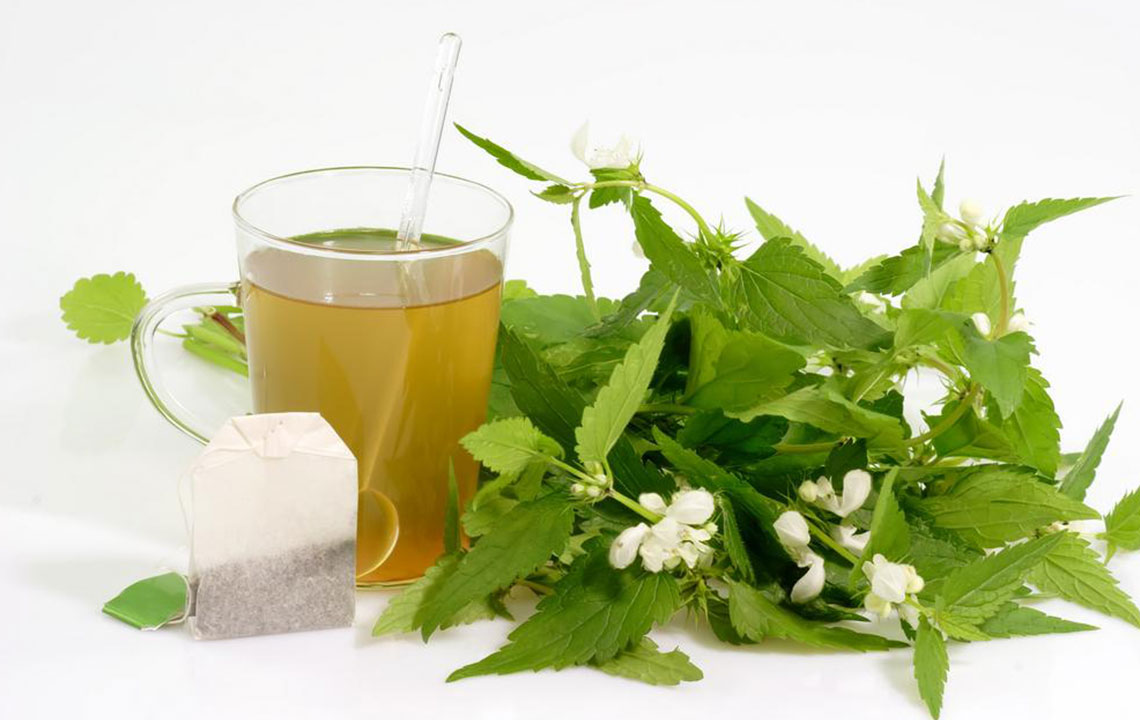Top Tips for Nourishing and Moisturizing Dry Facial Skin
This article offers expert tips for combating dry facial skin, emphasizing the importance of gentle cleansing, hydration, and environmental adjustments. Incorporating natural remedies like coconut oil, milk, and honey alongside suitable commercial products can restore moisture and improve skin health during winter months. Proper routines, such as using mild cleansers, moisturizers, and humidifiers, help maintain skin balance. For persistent dryness, seeking dermatological advice is recommended to identify any underlying skin conditions and prevent further issues, ensuring a healthy, radiant complexion year-round.
Sponsored

Dealing with dry skin can be challenging, especially as colder seasons arrive, leading to dullness, uneven pigmentation, and itchiness. Since skin needs vary based on age, gender, and personal preferences, a universal approach isn't effective. Nonetheless, adopting specific skincare habits can significantly improve your skin's health during winter. Proper cleansing, hydration, and environmental adjustments are essential. Implementing these tailored tips can help restore your skin’s vitality and maintain a refreshed, healthy appearance, even through the harshest weather conditions.
Here are practical skincare strategies for dry skin, focusing on gentle cleansing and effective moisturizing. Since facial skin is delicate, choosing the right products is vital.
Coconut Oil – For a natural moisturizer, apply a few drops of coconut oil before bed. It deeply hydrates, removes makeup, and has antibacterial properties that help prevent infections and combat signs of aging.
Milk – Gentle for sensitive skin, cold milk mixed with oats can be applied to the face, then wiped off with cotton. Combining milk with turmeric can also invigorate dull skin. Milk aids in reducing fine lines and sunburn, but avoid if prone to acne.
Honey – Honey's antiseptic and anti-inflammatory qualities promote skin healing. Use it as an exfoliator, face mask, or cleanser, blending with ingredients like yogurt, lemon, oatmeal, or rosewater for added benefits.
Soothing Cleansers – Opt for gentle cleansers containing nourishing ingredients such as shea butter, jojoba oil, or glycerin, avoiding harsh chemicals. These help clean without stripping essential skin moisture.
Moisturizers – During winter, hydration alone isn't enough; select moisturizers suited to your skin type. Heavy creams are ideal for very dry skin, while lighter serums suffice for normal skin. Products like shea butter or specialized lotions from trusted brands are recommended.
Adjust your routine and environment for better results. Using a humidifier and increasing water intake further supports skin hydration. Limiting washes to twice daily prevents irritation. If dryness persists despite these efforts, consult a dermatologist to rule out underlying issues and get personalized treatment.






